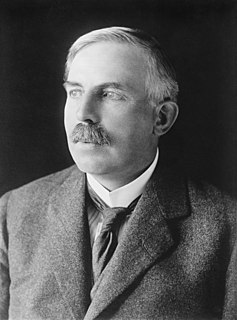A Quote by Benjamin Franklin
Related Quotes
What was to be a relatively innocuous federal government, operating from a defined enumeration of specific grants of power, has become an ever-present and unaccountable force. It is the nation’s largest creditor, debtor, lender, employer, consumer, contractor, grantor, property owner, tenant, insurer, health-care provider, and pension guarantor. Moreover, with aggrandized police powers, what it does not control directly it bans or mandates by regulation.
Economic polarization is also occurring between creditor and debtor nations. This issplitting the eurozone between Germany, France and the Netherlands in the creditor camp, against Greece, Spain, Portugal, Ireland and Italy falling deeper into debt, unemployment and austerity - followed by emigration and capital flight.































